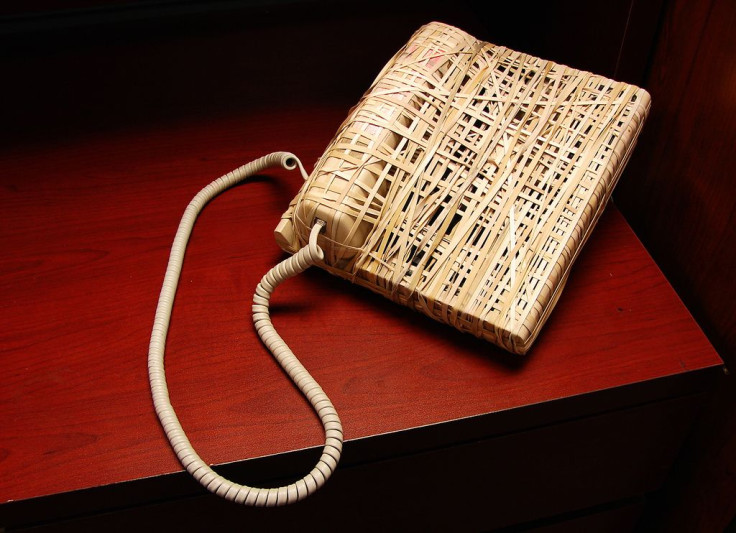Sticking It To The Man: Standing Up to Your Boss Leads To More Satisfaction In The Workplace

We’ve all pictured it: walking confidently into work, solemn resolve written all over your face as you finally march up to your boss’s desk, and give him or her a piece of your mind, profanities and all. Usually these fantasies end with the perfect storm out, met with a complete wave of satisfaction as “We’re Not Gonna Take It” by Twisted Sister plays in your head. Your coworkers are in awe of you. You’re the badass who finally stood up to your terrible boss.
Yet, reason often kicks in, and at the end of the day being belittled by the jerk in charge is a lot better than living under an overpass. But wait, there may be hope! A new study conducted by Bennett Tepper of Ohio State University suggests that this does not always have to be the case. In fact, according to Tepper, avoiding the victim persona by standing up for yourself is a possibility and will increase your overall satisfaction at work. So yes, you can finally stop debating whether the jail time would be worth it.
While surveying 169 participants from an unnamed city in the Midwest, Tepper asked if employees felt in any way belittled or victimized. If this was the case, he followed up by asking what tactics employees would respond with in order to stand up for themselves. Several months later, when he asked employees their levels of satisfaction in the work place, Tepper found the most contented and committed employees were those who retaliated against the abuse in some sort of way.
While this may prove shocking, Tepper cautioned that the type of retaliation did not consist of yelling back to your boss, and dishing outright verbal insults. Instead, Tepper found most employees responded to terrible bosses by ignoring them, playing dumb, or simply doing a bad job at assigned tasks. “These are things that bosses don't like and that fit the definition of hostility, but in a passive-aggressive form,” Tepper clarified. He calls this type of passive-aggressive behavior, “upward hostility,” an act of defiance that may be silent, but still gets the message across.
Yes, good for those people, but did they meet any consequences? Were they fired? Tepper conducted a second study to find whether employees utilizing “upward hostility” found it affected their jobs negatively. In a three-part online survey, Tepper asked 371 people across the world about their bosses’ behavior, their responses, and whether or not there were repercussions. Once again, employees felt less like victims when they engaged in passive defiance, but more interestingly, employees also felt that their shots back did not affect the security of their current positions or their salary. Even though Tepper had no way of measuring this objectively, it is still a fascinating find.
But before you go off and stage a sit-in at your cubicle, Tepper cautions against “upward hostility” as your first tactic. Instead, Tepper suggests avoiding accepting the victim mentality is the most positive step toward not letting your boss get to you. Tepper did not, however, study how support from fellow employees or accepting and forgiving your boss could possibly assist in overall satisfaction at work.
Source: Tepper BJ, Mitchell M, Haggard D, Kwong Kwan H, Park H. Personnel Psychology. 2015.



























